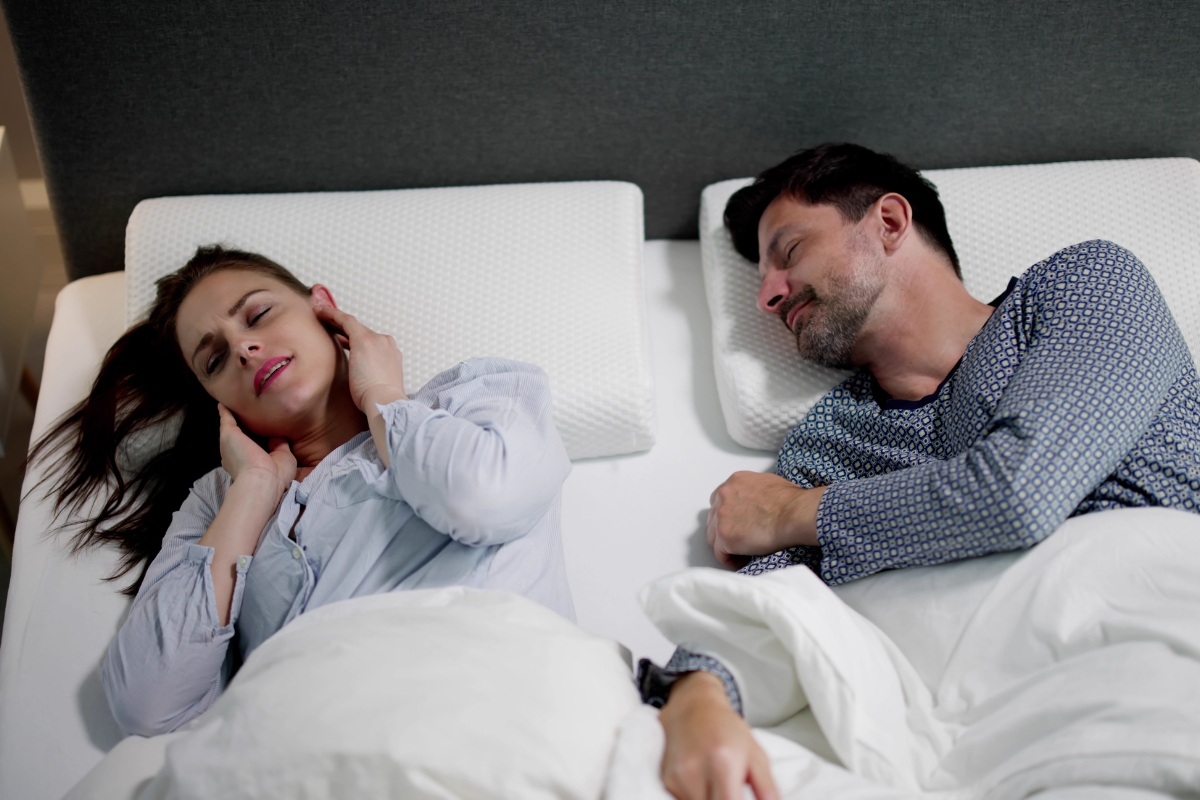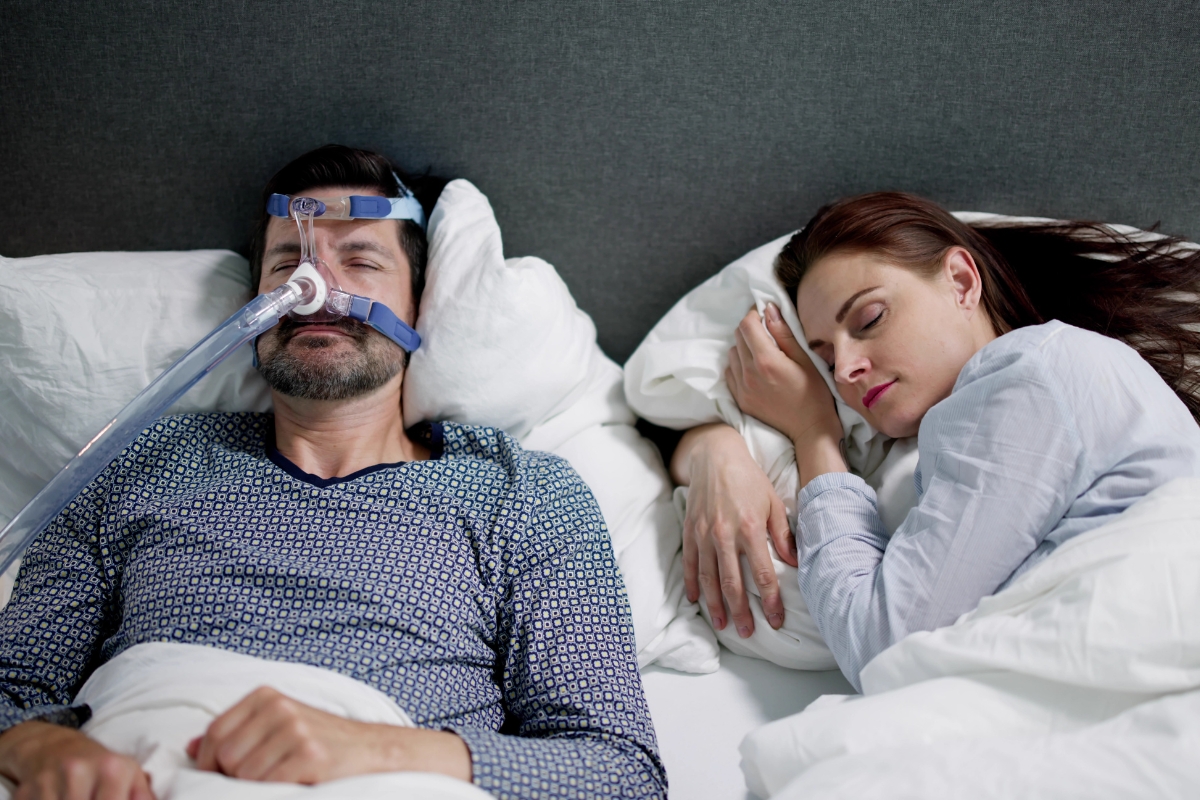Sleep Apnea and Your Oral Health: The Surprising Connection

Sleep apnea disrupts breathing at night and afflicts millions of people around the world. Along with this silent disease come oral health problems. Most people don’t think there is a connection between their oral health and their chance of suffering from sleep apnea. Early indicators are often noted by dentists at regular check-ups. Adequate awareness can help to avoid chronic problems with sleep and oral health.
This post reveals the unsuspected connection between obstructive sleep apnea and dental health. Readers will gain an understanding of warning signs, dangers, and dentist-recommended alternatives to managing this life-altering condition properly.
What Exactly Is Sleep Apnea?
Sleep apnea causes repeated stops in breathing during sleep. Obstructive Sleep Apnea (OSA) is blocked airways, while Central Sleep Apnea originates in the brain. The American Academy of Sleep Medicine states that approximately 25 million U.S. adults have sleep apnea.
Stops in breathing decrease oxygen levels and impair brain function, heart health, and oral health. Untreated sleep apnea causes fatigue, headaches, mood swings, and oral issues. Early detection through medical and dental evaluation significantly improves outcomes.
The Relationship between Oral Health and Sleep Apnea
How Sleep Impacts Your Teeth and Mouth
Dry mouth frequently results from sleep apnea because mouth breathing decreases saliva production. Reduced saliva contributes to more plaque and increases cavity risk. Grinding, or bruxism, is usually found with sleep apnea. Grinding wears away enamel, increases sensitivity, and aggravates jaw discomfort.
Gum inflammation also occurs since lower oxygen contributes to damage in tissues and raise infection threats. Dentists with special training in sleep apnea often identify these oral conditions through regular checkups and associate them with possible breathing disorders that require prompt treatment.
The Role of the Jaw and Airway Anatomy
The bone structure plays an important role in the formation of sleep apnea. Constricted jaws, misaligned teeth, or a narrowed airway restrict airflow. Constricted airways lead to frequent interruptions of breathing at night. Bulging tongues or throat muscle collapse worsen these conditions.
A professional sleep apnea dentist in Tustin studies airway anatomy extensively during dental visits. Proper diagnosis determines whether patients need oral appliances or further sleep tests. Early treatment of structural issues eliminates complications related to oral health and sleep apnea significantly.
Oral Diseases Repressed by Sleep Apnea
Sleep apnea causes chronic dry mouth and raises cavity risks because saliva protects teeth naturally. Saliva breaks down acids and kills harmful bacteria. Reducing the volume of saliva allows plaque to thrive and damage enamel in the long run.
Gum disease worsens under low oxygen levels and promotes inflammation and loss of bone structure. Nocturnal teeth grinding is the most common cause of TMJ disorders among patients. Jaw joint pain, headaches, and tooth fractures often follow. Sleep apnea treatment prevents such oral disease complications.
Sleep Apnea Symptoms in Your Mouth
Mouth symptoms often reveal hidden sleep apnea dangers before the development of serious medical complications. Warning symptoms often include:
- Recurrent dry mouth in the morning.
- Clicking or painful jaw joints.
- Grinding down tooth surfaces.
- Swelling tongue edges due to airway obstructions.
A qualified sleep apnea dentist in Tustin also recommends immediate evaluation when multiple symptoms occur simultaneously. Early detection prevents tooth loss since it protects long-term health. Early symptom recognition allows patients to seek professional care before complications worsen significantly.
How Dentists Help with Sleep Apnea
Oral Appliance Therapy
Customized dental appliances shift jaws, widening airways while sleeping. Patients breathe easily and reduce teeth grinding simultaneously. Devices offer a less constrictive and comfortable option to bulky CPAP machines.
Collaborative Care with Sleep Specialists
Sleep apnea specialists collaborate with healthcare professionals. Shared evaluations ensure accurate diagnosis and complete treatment programs. Unified treatments treat breathing, oral health, and sleep quality effectively.
Sleep apnea silently ruins oral health by affecting overall health. Early dental examinations uncover faint symptoms before severe complications arise.
Protect your smile and nighttime sleeping with professional treatment. Schedule an appointment today with our professional sleep apnea dentists and reclaim your health with confidence.




